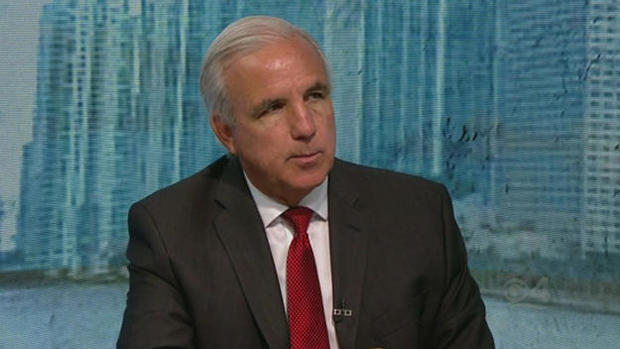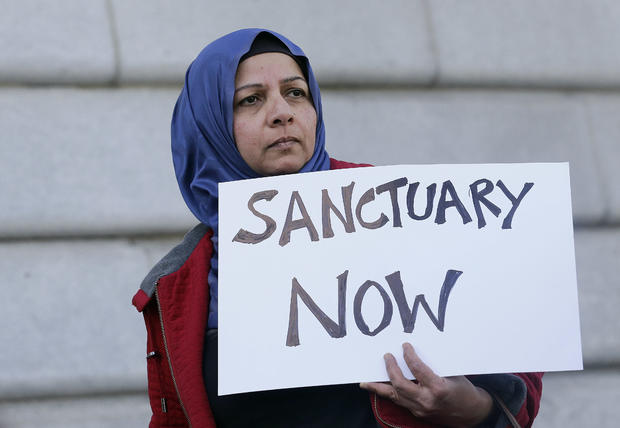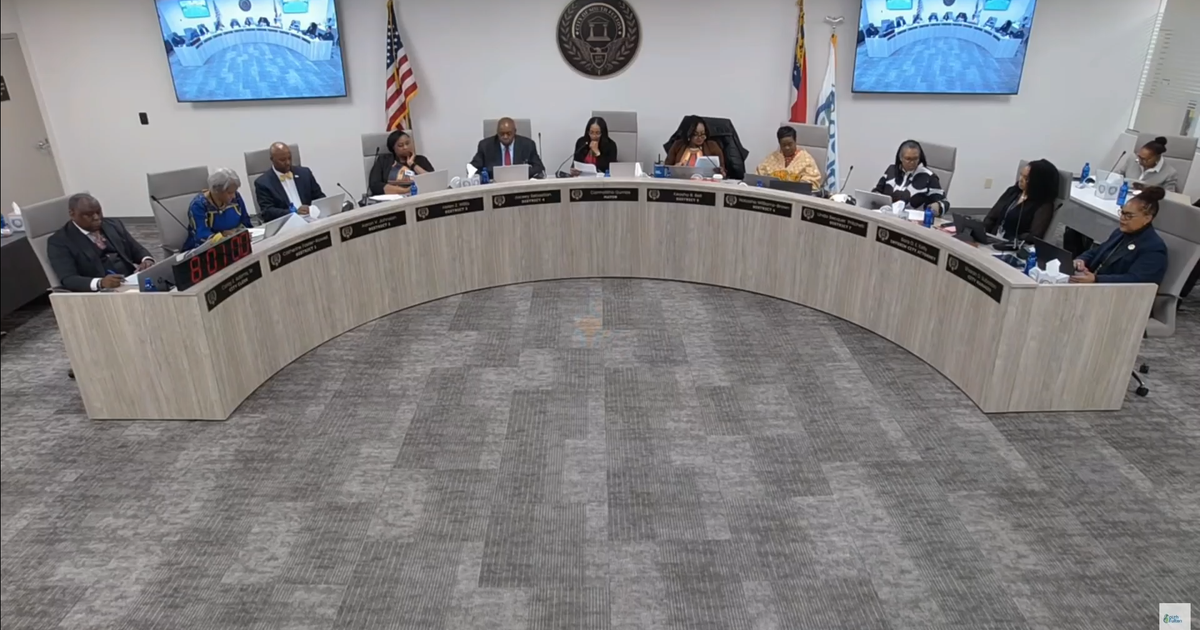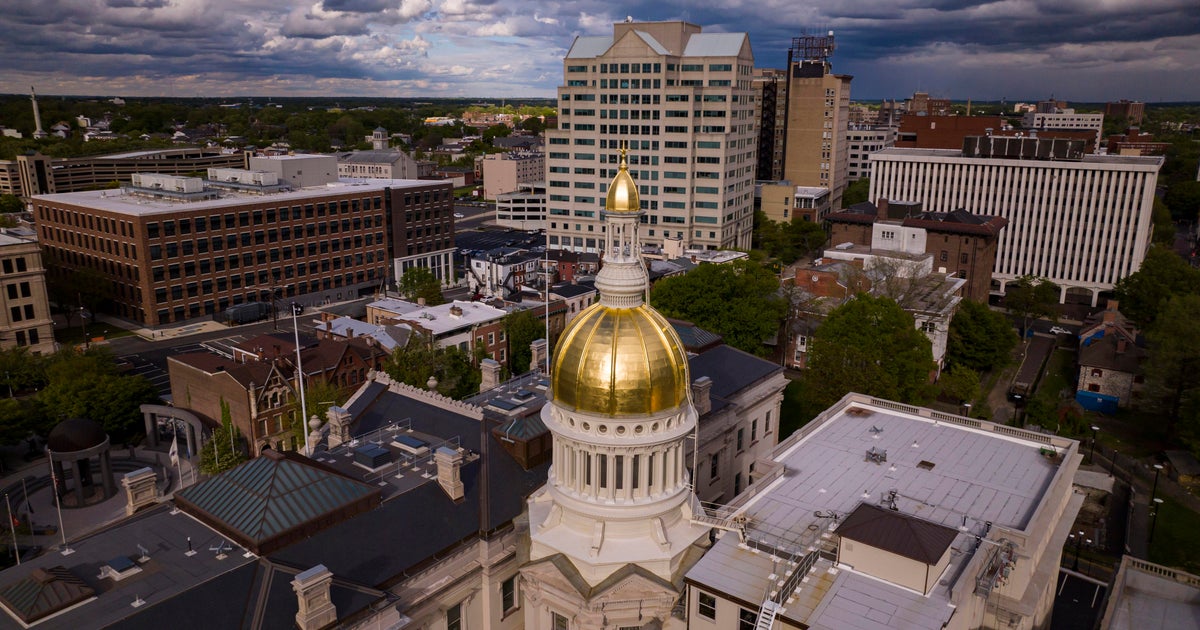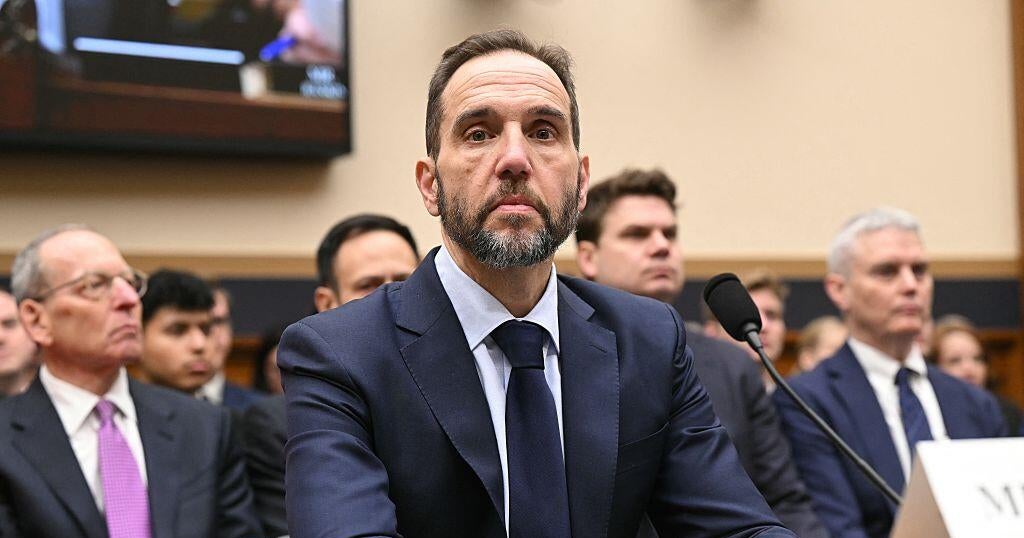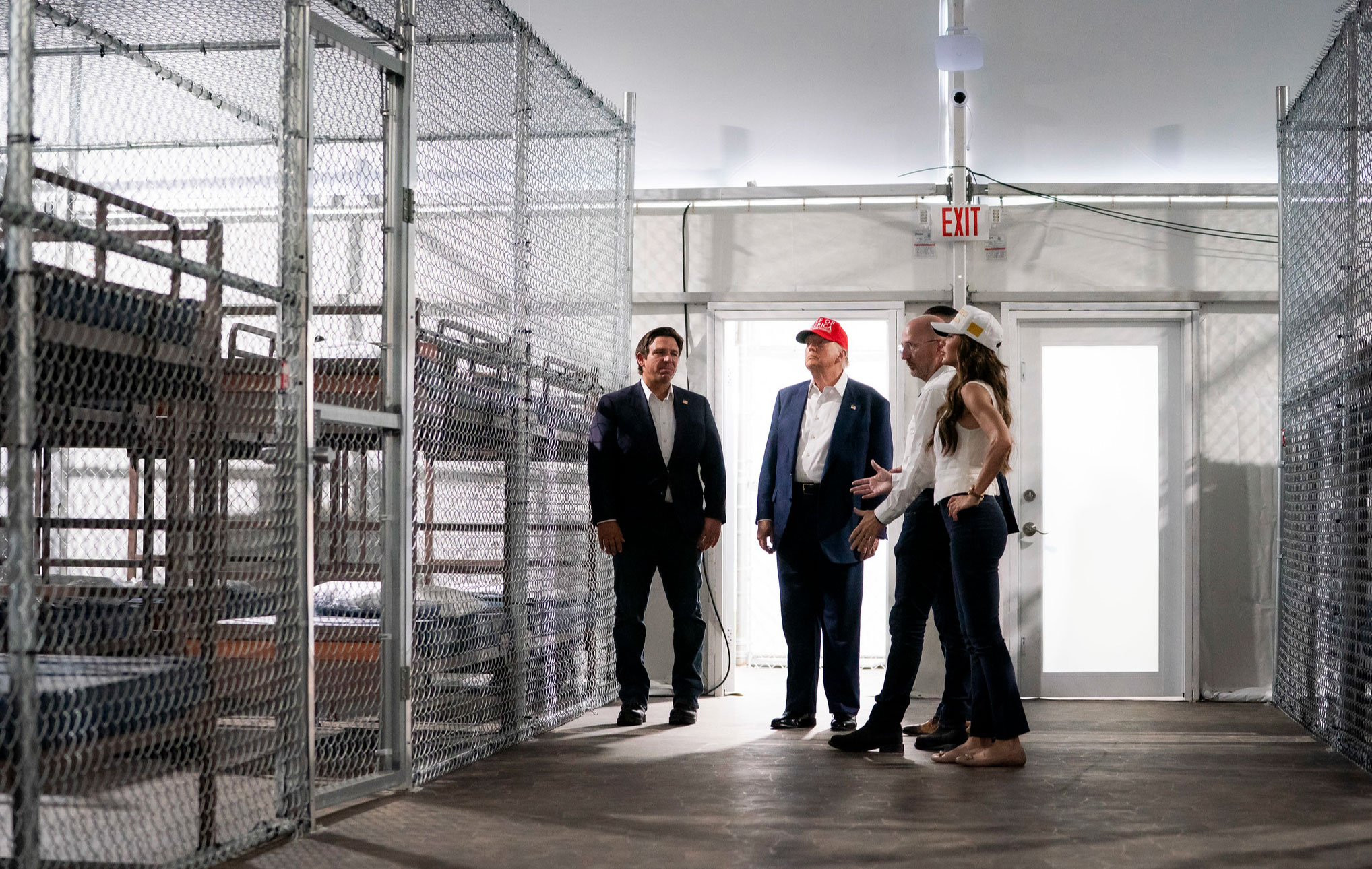Miami-Dade abandons "sanctuary" status one day after Trump's crackdown
One day after President Donald Trump’s executive order threatening to cut federal dollars from cities and counties that don’t fully comply with federal immigration enforcement officials, the first so-called “sanctuary” has reversed course: Miami-Dade County.
Fearing a loss of millions of dollars from the federal government, Miami-Dade Mayor Carlos Gimenez ordered county jails to begin complying with federal immigration detention demands. The move effectively unravels Miami-Dade’s status as a “sanctuary” for the undocumented.
“Sanctuaries” are jurisdictions that do not assist federal immigration enforcement officialsby keeping individuals in custody beyond their release date so they can be “picked up” by immigration enforcement.
“In light of the provisions of the Executive Order, I direct you and your staff to honor all immigration detainer requests received from the Department of Homeland Security,” the Republican mayor wrote in a brief memo on Thursday to the interim director of Miami-Dade’s corrections and rehabilitation department, according to The Miami Herald.
Since 2013, Miami-Dade has declined to indefinitely detain inmates wanted by federal immigration enforcement. Unlike other cities, like San Francisco, that policy was not framed in principle. Rather, it was tied to the fact that federal authorities would not reimburse the county for the expense of keeping individuals in custody. Miami-Dade has resisted being characterized as a “sanctuary,” The Miami Herald notes.
Speaking to The Miami Herald, Mayor Gimenez put the shift in stark financial terms. Last year, Miami-Dade declined to continue detaining approximately 100 undocumented inmates wanted by federal immigration. Keeping them would have cost $52,000, The Miami Herald reported. In contrast, Miami-Dade is set to receive $355 million in federal funds in 2017, the newspaper noted.
“I want to make sure we don’t put in jeopardy the millions of funds we get from the federal government for a $52,000 issue,” Mayor Gimenez told The Miami Herald. “It doesn’t mean that we’re going to be arresting more people. It doesn’t mean that we’re going to be enforcing any immigration laws.”
President Trump took to Twitter to celebrate the mayor’s decision:
Howard Simon, executive director of the ACLU of Florida, criticized Mayor Gimenez’s decision to reverse course. In a statement, he argued that a court warrant is required to detain someone in jail, “not merely a request from a federal official.”
“We will resist every attempt by our government to punish immigrants, regardless of their status. Today’s decision by Mayor Gimenez flies in the face of Miami’s long history as a city of immigrants. It also flies in the face of the advice of professional law enforcement that policies like the one Gimenez embraced today serve only to drive a wedge of distrust between law enforcement and our immigrant community,” Simon said.
There are 140 “sanctuary” jurisdictions — states, cities and counties — across the country, according to a May, 2016 Justice Department report. That list includes cities like Chicago, New York, Philadelphia, counties like Cook County, Illinois and Clark County, Nevada, and states like Connecticut and California.
Mr. Trump’s executive order on Wednesday took direct aim at those jurisdictions.
“Sanctuary jurisdictions across the United States willfully violate Federal law in an attempt to shield aliens from removal from the United States,” the president’s executive order stated. “These jurisdictions have caused immeasurable harm to the American people and to the very fabric of our Republic.”
Immediately after Mr. Trump’s executive order, several mayors of so-called sanctuary cities vocally doubled down on their commitment to undocumented residents.
In Boston, Mayor Marty Walsh said he would use “City Hall as a last resort” to provide protection to his city’s immigrants.
“We will not back down from our values that make us who we are as a city,” Walsh said Wednesday hours after Trump’s executive order. “We will fight for our residents, whether immigrant or not, and provide the best quality of life for Bostonians.”
In New York, Mayor Bill de Blasio said that “turning our police into a deportation force will make us all less safe” and stressed that New York immigrants should not fear that cooperating with police will put them at risk of being separated from their families.
“We are not going to tear families apart. We are not going to leave children without their parents,” De Blasio said Thursday.
In Chicago, Mayor Rahm Emanuel emphasized the city is “going to stay a sanctuary city,” according to the Chicago Tribune on Wednesday.
“Wherever you came from, you’re welcome here,” Emanuel said.
Trump’s executive order highlights the chasm between his administration and city mayors across the country: two-thirds of America’s 100 largest cities are currently governed by Democrats, making cities one of the only strongholds of progressivism in the current climate.
Though Mr. Trump’s executive order cites public safety concerns in sanctuary cities, new research suggests the opposite is true: that sanctuary counties have significantly lower crime and stronger economics, including higher median household income, less poverty, less reliance on public assistance, and lower unemployment. That’s according to a new analysis released Thursday from the Center for American Progress and the National Immigration Law Center.
